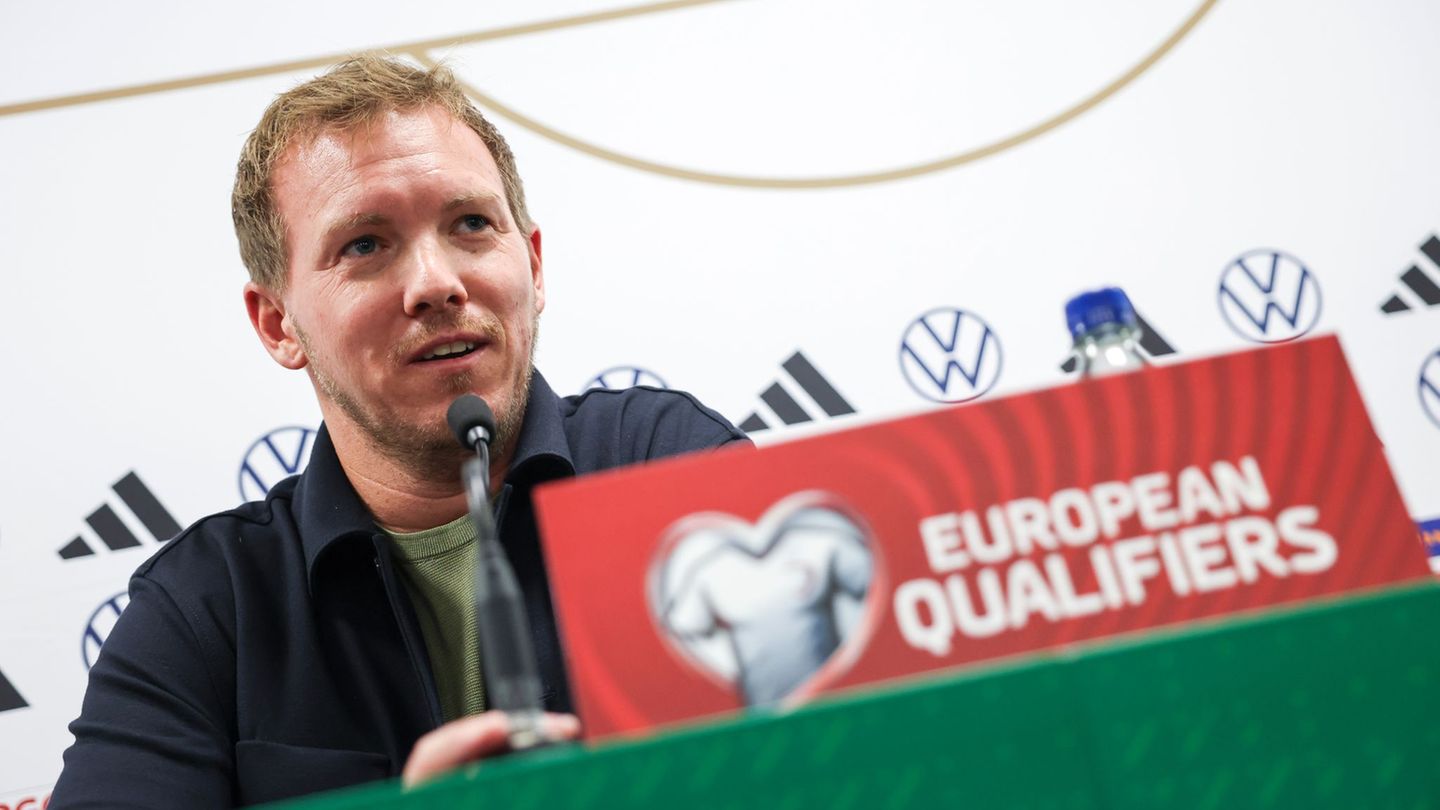“There was no insolvency tsunami, which was always talked about,” said KSV boss Ricardo-José Vybiral on Wednesday. The crisis is currently happening more in the mind than in the real economy. “We didn’t see this insolvency tsunami,” Vybiral said at a press conference in Vienna. “Of course, it was also artificially held back with appropriate measures by the federal government.”
There was an increase in company insolvencies in all nine federal states, most notably in Upper Austria and Tyrol. Most of the bankruptcies were in retail, construction and gastronomy. The biggest bankruptcy of the year concerns that of the CPI Group from Vienna with estimated liabilities of around 220 million euros. Overall, liabilities increased by a fifth to EUR 2.2 billion compared to the previous year. Finally, the insolvency of Bertsch Energy GmbH & Co KG with liabilities of EUR 138.3 million. Furthermore, the number of affected employees has increased to 14,400 and that of affected creditors to 30,700 victims.
Private bankruptcies have also increased by more than 15 percent this year, with 8,325 regulatory procedures being opened. While the plus in Lower Austria was the clearest at 33 percent, there was only an increase of 1.8 percent in Vienna. At the same time, provisional liabilities increased slightly – by 2.6 percent to EUR 901 million. This means that private individuals filed for bankruptcy in 2022 with average debts of around 108,000 euros.
KSV1870 insolvency manager Karl-Heinz Götze assumes that this year’s trend will continue in 2023. “From today’s perspective, we expect that insolvencies will continue to rise.” Currently there are almost 5,000, the trend is towards 5,500 to 6,000 insolvencies. “That’s an increase of 10 to 15 percent that we see here.” In the case of private bankruptcies, the pre-crisis level was 9,500, “we believe we are moving towards 10,000 private bankruptcies in 2023.”
“In fact, what we are seeing is that sentiment is currently worse than the real economy reflects,” Vybiral said. “For many women entrepreneurs, the crisis is currently taking place in their heads rather than being reflected in their books.” More than third of the companies would expect profits. The quick help from the federal government at the beginning of the corona crisis made sense and was necessary, said the KSV boss. However, this help was not very accurate. According to their own statements, just over 30 percent of the companies did not need the support.
more from economy
OMV expands distribution policy to include special dividends
Inflation: Firms maximize profits
Railway workers receive 480 euros within 18 months
EU agrees on CO2 tariff
My themes
For your saved topics
found new items.
info By clicking on the icon you add the keyword to your topics.
info
Click on the icon to open your “My Topics” page. They have of 15 tags saved and would have to remove tags.
info By clicking on the icon you remove the keyword from your topics.
Add the theme to your themes.
Source: Nachrichten




